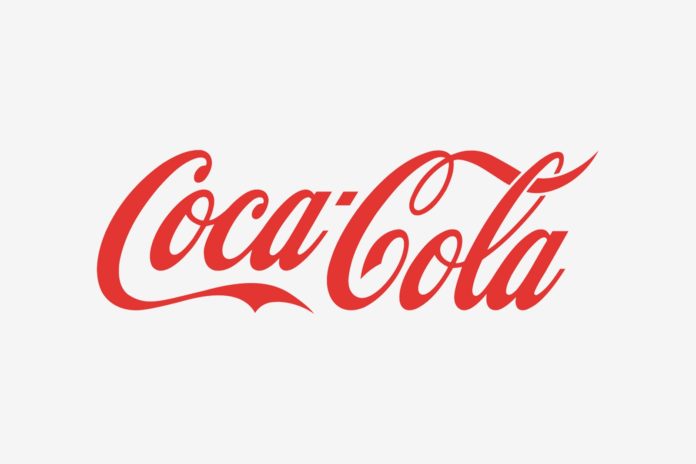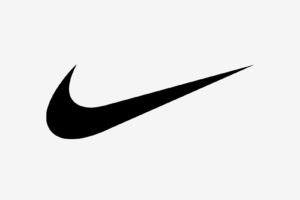Nike and Coca-Cola are among a number of companies seeking to water down a bill that would ban imports from Xinjiang province in China where products are allegedly being made through forced labour by Uyghur Muslims being held in detention camps.
The bill, called the Uyghur Forced Labor Prevention Act, would forbid the import of a variety of materials from Xinjiang in an effort to crack down on human rights abuses, the New York Times reported on Sunday.
It would require companies sending goods to the U.S. to examine the supply chains and possibly drop business with Chinese suppliers. It would also ban importing goods made “in whole or in part” in Xinjiang unless the companies can prove that the products were not made with forced labour.
Xinjiang produces materials like cotton, sugar, coal and tomatoes and also supplies workers for Chinese clothing factories.
The Congressional-Executive Commission on China released a report in March that listed a number of companies with suspected ties to forced labour, including Nike, Coca-Cola, Adidas, Calvin Klein, Campbell Soup Company, Costco, H&M, Patagonia and Tommy Hilfiger.
Lobbyists trying to weaken the bill say they condemn the use of forced labour and the acts of cruelty on groups like the Uyghurs but that the legislation could seriously disrupt supply chains in China.
Subscribe to our newsletter and stay updated on the latest news and updates from around the Muslim world!
Coca-Cola in a statement said it “strictly prohibits any type of forced labour in our supply chain” and monitors its suppliers.
The company also said its facility in Xinjiang that supplies sugar to a local bottling facility that has been linked to allegations of forced labour “successfully completed an audit in 2019.”
Greg Rossiter, director of global communications at Nike, said it “did not lobby against” the bill but did engage in “constructive discussions” with congressional staff aides.
Nike referred to a March statement that said the company does not source products from the region and ensures that its supplies are not using materials from Xinjiang.
It also said its factory in Qingdao stopped hiring workers from Xinjiang in 2019 and conducted an audit to determine whether there were any employees from the region at the facility.



















